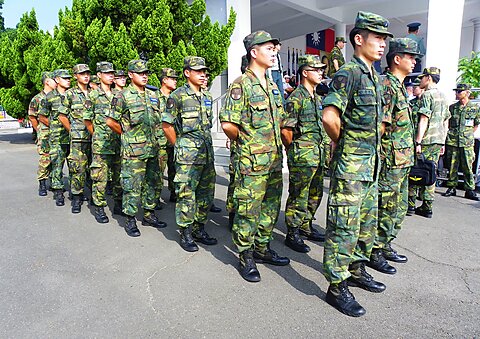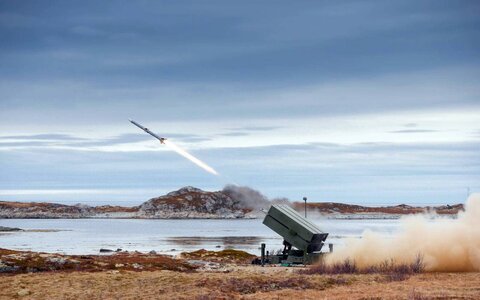On January 25, Taiwan’s military inducted its first group of conscripts for a one‐year service period since Taipei announced the extension of mandatory military service alongside other defense reforms in December 2022.
Conscription is, of course, a gross violation of individual liberty and human rights that classical liberals have long opposed. However, Taiwan faces a very real threat to its very survival that because of decades of bad policy choices often encouraged or enabled by the United States, it is unprepared to meet without significant changes to the way its military is structured.
Extending conscription from four months to one year is a far lesser impingement on Taiwan’s liberty than being swallowed militarily by China. A stronger Taiwanese military also reduces the likelihood of a US‐China war over Taiwan, which would have devastating consequences for human freedom, economic livelihood, and peace around the world. Therefore, while Taiwan’s longer conscription period should not be cheered by libertarians, its benefits for improving Taiwan’s prospects for survival and reducing the risk of great power conflict are positive developments.
Increasing conscription from fourth months to one year is a step in the right direction. Making the most of the new yearlong conscription period, however, will require sustained effort.
The Good News
Taiwan adopted its four‐month service period in 2013 as part of a push to move its military toward an all‐volunteer force, with the hope that conscription would be phased out entirely. Reducing conscription was politically popular, but the quality of training was very poor with some commentators comparing it to a “summer camp” experience.
One of the biggest problems with such a short service period is the lack of time for soldiers to learn anything besides basic military skills, never mind familiarity with using more advanced equipment or conducting more complex field exercises. Extending conscription to one year should improve the quality of Taiwan’s soldiers by providing more time to hone their skills. This will have a knock‐on effect for improving the quality of Taiwan’s reservists, which are large in number but, like conscripts, poorly trained and equipped.
Under the December 2022 reforms, Taiwan’s conscripted personnel will be primarily responsible for defending and repairing critical infrastructure and conducting territorial defense. Taiwan’s volunteer soldiers will be fighting on the front lines, but conscripted soldiers may fight alongside the volunteers if Chinese troops land on the island.
The Bad News
Taiwan’s plans for one‐year conscription and other changes to its military structure sound great on paper but making the most of these reforms will require sustained attention.
President‐elect Lai Ching‐te will have to govern without a legislative majority, which will complicate efforts to properly fund defense reforms. The opposition Kuomintang Party’s presidential candidate, for example, said that he would reverse the conscription extension policy if elected and keep the service period at four months. Extending mandatory service without increasing pay for conscripts and adequately funding their training would undermine the potential benefits of the one‐year service period.
China is also making changes to its conscription system to keep the quality of these troops ahead of their Taiwanese counterparts. Conscripts in the People’s Liberation Army serve for two years instead of one, and in 2021 conscripts were inducted twice a year instead of once in order to have overlap between conscripts at the end and beginning of their service periods alongside one another. China has had its own issues with the quality of troop training, but it realized the need for improvement much sooner than Taiwan and has spent more time working on reforms. Taiwan’s longer conscription period is therefore not a near‐term magic bullet for deterring China.
Conclusion
Extending conscription from four months to one year is an overdue, positive policy change that will improve Taiwan’s ability to protect itself from China. Taiwan still has a long way to go, however, before the magnitude of this change becomes clear. If Taiwan can sustain political support for defense reform, acquire more asymmetric military capabilities, and follow through on its plans, then its small active‐duty military will gain a potent conscript and reserve force. However, success is not preordained.




